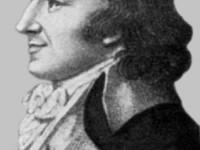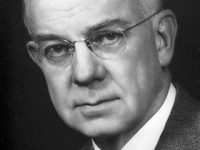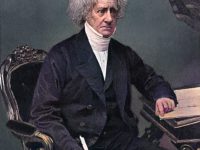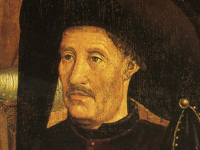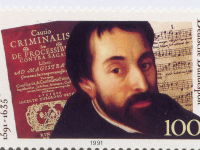Jeremias Richter and the Law of Definite Proportions
On March 10, 1762, German chemist Jeremias Benjamin Richter was born. He discovered the law of definite proportions and is best known for introducing the term stoichiometry, i.e. the calculation of relative quantities of reactants and products in chemical reactions. Youth and Education Jeremias Benjamin Richter was born at Hirschberg in Silesia, today’s Jelenia Góra in Western Poland. He graduated from the Hirschberg Gymnasium, and in 1778 joined the engineering corps of…
Read more

